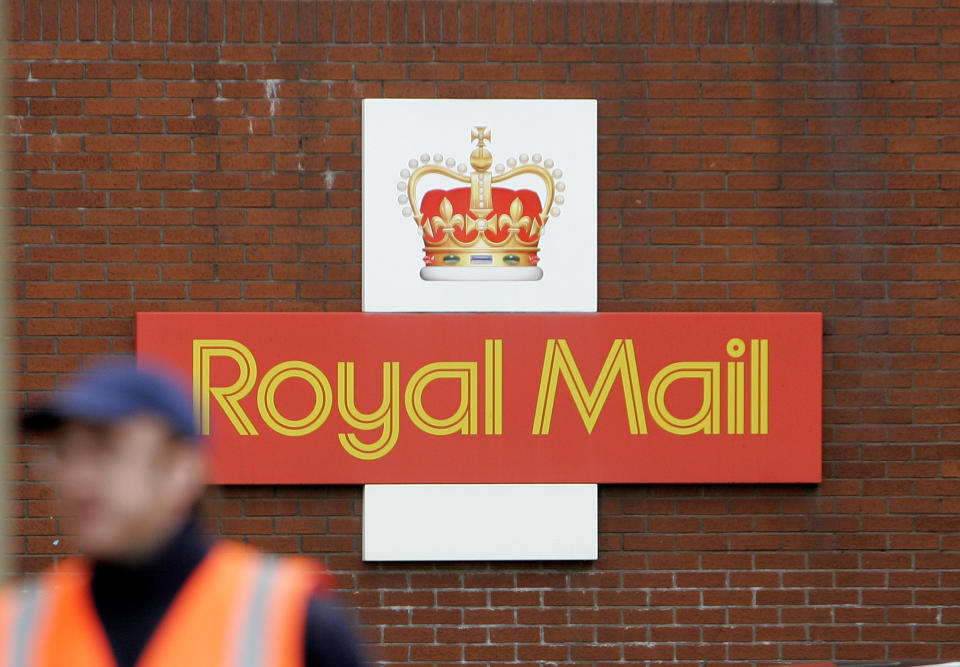Coronavirus pandemic pushes Royal Mail to cut 2,000 management jobs

The Royal Mail (RMG.L) said on Thursday that it would axe around 2,000 management jobs as part of plan to save £300m ($373m) in costs in the wake of the coronavirus crisis.
Citing “long-standing” shifts to its business, the company said that the pandemic had hastened the decline of its letters business, with customers instead sending more parcels.
A management restructure, part of a three-stage cost-cutting plan, will see around 2,000 roles eliminated, with the Royal Mail hoping to save £130m next year and a further £170m in the following year.
"In recent years, our UK business has not adapted quickly enough to the changes in our marketplace of more parcels and fewer letters. COVID-19 has accelerated those trends, presenting additional challenges,” said Keith Williams, the interim executive chairman of the Royal Mail group.
READ MORE: European stocks decline as outbreak in US spirals
The company said it would “carefully and sensitively” consult on the job losses with workers and their representatives.
The move comes as the firm faces a huge surge in costs due to the coronavirus crisis.
Revenue in April and May was broadly flat compared to the same months in 2019 when the impact of last year’s European Parliament elections, which boosted the company’s bottom line, is excluded.
While parcel volume rose by 37% during the first two months of its financial year, total costs climbed by £80m, driven by overtime and other costs related to high levels of employee absence, social distancing measures, personal protective equipment and parcel-related volume costs.
Profits were thus around £108m lower in April and May, the Royal Mail said on Thursday.
The company unexpectedly announced last month that chief executive Rico Back had stepped down “with immediate effect” after less than two years in the job.
Back battled with unions over pay at the 500-year-old group, faced shareholder revolts over his compensation, and saw the company relegated from the blue-chip FTSE 100 index (^FTSE).
READ MORE: Millennials and Gen Z feel less stressed despite economic turmoil
On Thursday, the Royal Mail reported that before-tax profits fell by almost 31% to £275m in the twelve months to the end of March, even as revenue increased by 2.4% to more than £10.8bn.
The decline reflects the lower profitability seen in the company’s UK parcels, international, and letters (UKPIL) business.
Parcel volumes rose by a lower-than-expected 2% due to the threat of industrial action the impact of the coronavirus crisis on international import volumes.
The company in February bemoaned the decision of the Communication Workers Union (CWU) to ballot its members for strike action, suggesting it would delay progress on its turnaround plan.
Parcel revenue nonetheless rose by 4.6%, due to what the group called “targeted pricing actions.”

 Yahoo Finance
Yahoo Finance 
